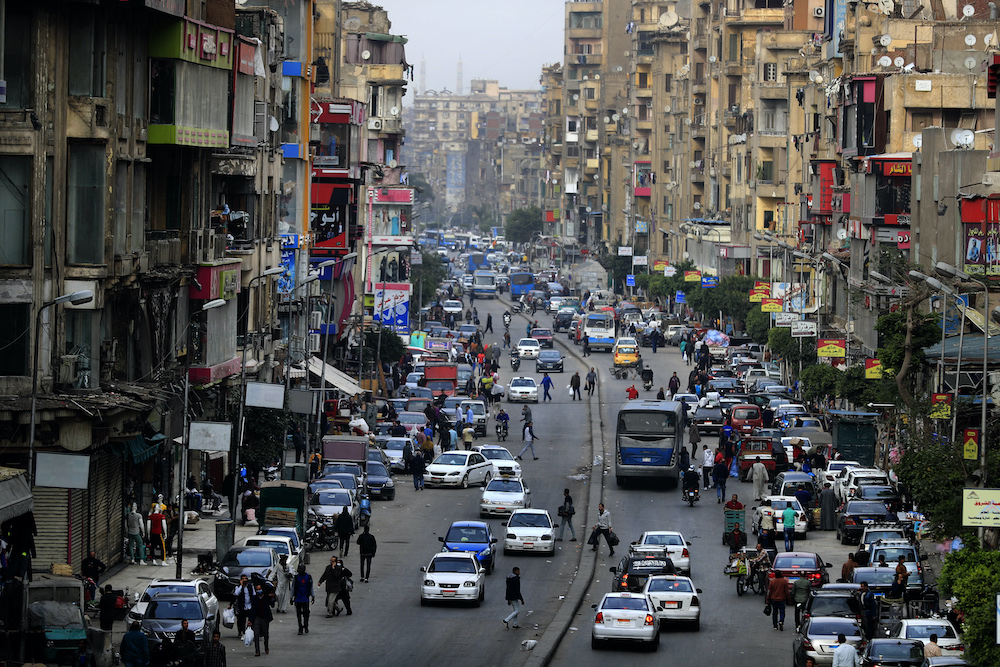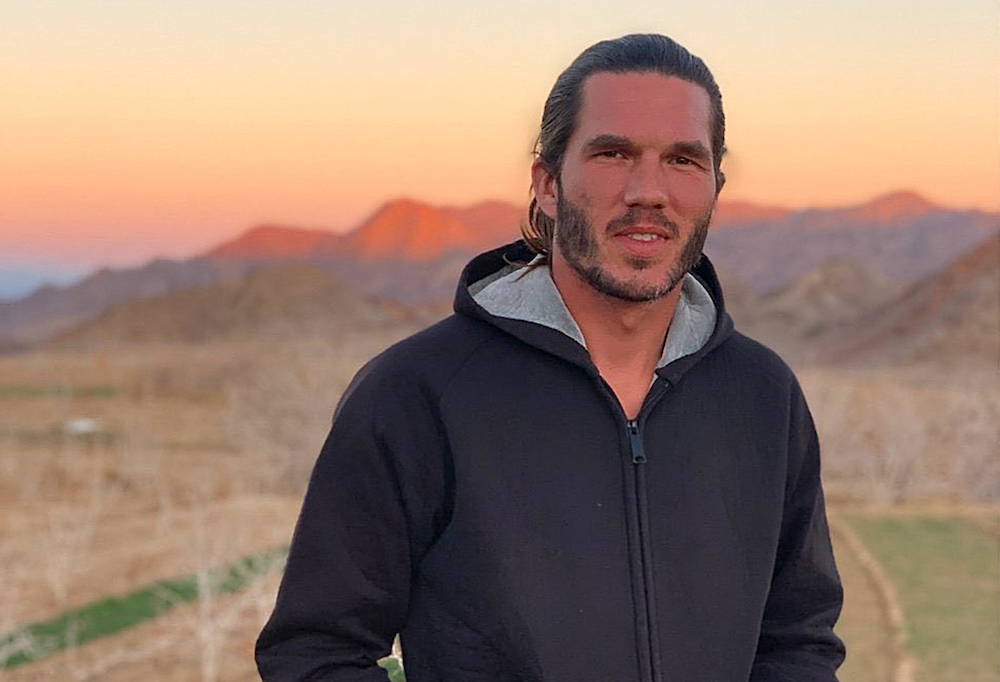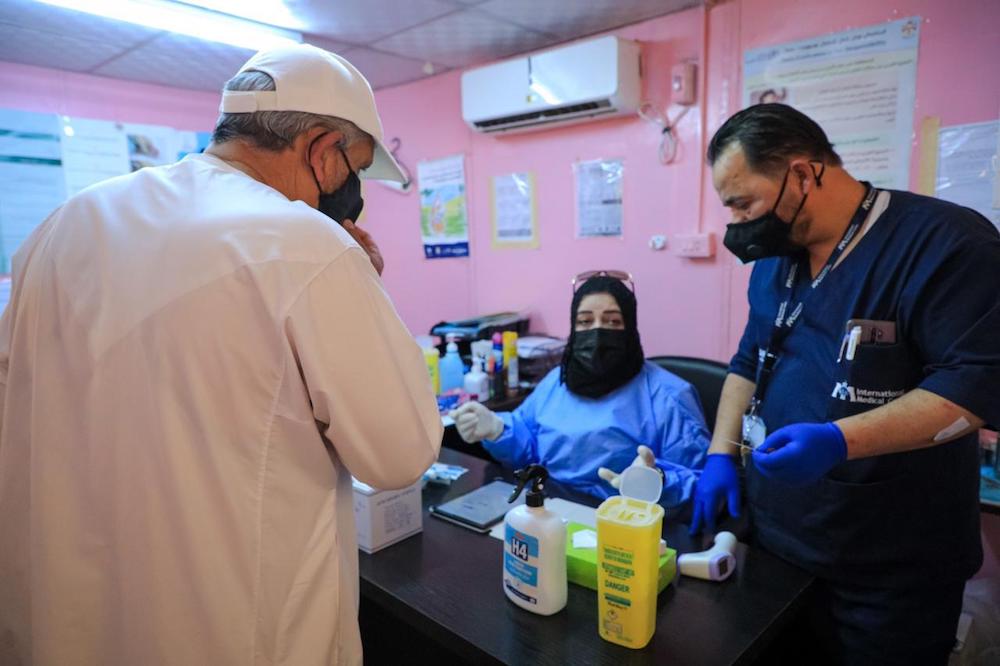Egyptian court adjourns Suez Canal ship-block case for further compensation talks
CAIRO: An Egyptian court has postponed a compensation case over the Ever Given container ship’s blocking of the Suez Canal to allow more time for negotiators to agree a deal.
The next hearing in the matter was adjourned to June 20 on the request of lawyers representing the Suez Canal Authority and the owner of the giant cargo vessel that closed the waterway for six days in March after running aground.
Both sides have blamed the other for the Ever Given’s grounding and the dispute centers on the amount of compensation the authority is claiming for salvaging the vessel.
Initially, the Suez Canal Authority had demanded $916 million in compensation, an amount that was later lowered to $550 million, head of the authority, Lt. Gen. Osama Rabie, said on TV on Sunday. The money would cover the salvage operation, costs of stalled canal traffic, and lost transit fees for the week the Ever Given blocked the channel.
The vessel’s Japanese owner, Shoei Kisen Kaisha Ltd., and insurers disputed the claim having previously had a $150 million compensation package offer rejected by the authority.
The Ismailia Economic Court adjourned the hearing after the ship’s owner submitted a new offer to settle out of court, the Suez Canal Authority said in a statement.
Since it was freed, the Panamanian-flagged vessel, which carries cargo between Asia and Europe, has been ordered by authorities to remain in a holding lake mid-canal while compensation was agreed.
The canal’s blockage disrupted global shipping with hundreds of vessels delayed and others forced to take the much longer route around the Cape of Good Hope at Africa’s southern tip, requiring additional fuel and costs.
An estimated 10 percent of world trade flows through the canal, a pivotal source of foreign currency to Egypt, with 19,000 ships making the passage last year, according to official figures.
Announcing the court’s adjournment of the case, Khaled Abu Bakr, the authority’s adviser to the negotiating committee, said the Ever Given’s owner had acknowledged the authority’s professional handling of the crisis and negotiations over damages were still ongoing.
He pointed out that details of the talks and the amount of compensation would be kept private in order to preserve relations between the company and commercial agents.
Mohammed Al-Sayed, a member of the negotiating committee, said the authority had managed to refloat the Ever Given without causing any damage to the ship or its cargo.
However, he noted that the authority had incurred losses during the rescue operation including a boat which sank resulting in the death of one its crew.
Nabil Zeidan, legal representative of the Suez Canal Authority, said data from the ship’s black box recorder had confirmed that the Ever Given’s captain was at fault for the accident by exceeding canal speed limits and travelling at 22 knots (40.7 kilometers per hour).
He rejected allegations that the authority had been responsible for the incident by allowing the ship to sail in unfavorable weather conditions.
George Safwat, official spokesperson for the Suez Canal Authority, said the rescue operation had involved more than 600 authority personnel but that the worker who died belonged to a contractor’s rescue team.

Egypt plans rethink on claim against Ever GivenSuez Canal Authority says door still open to negotiation with container ship owner





